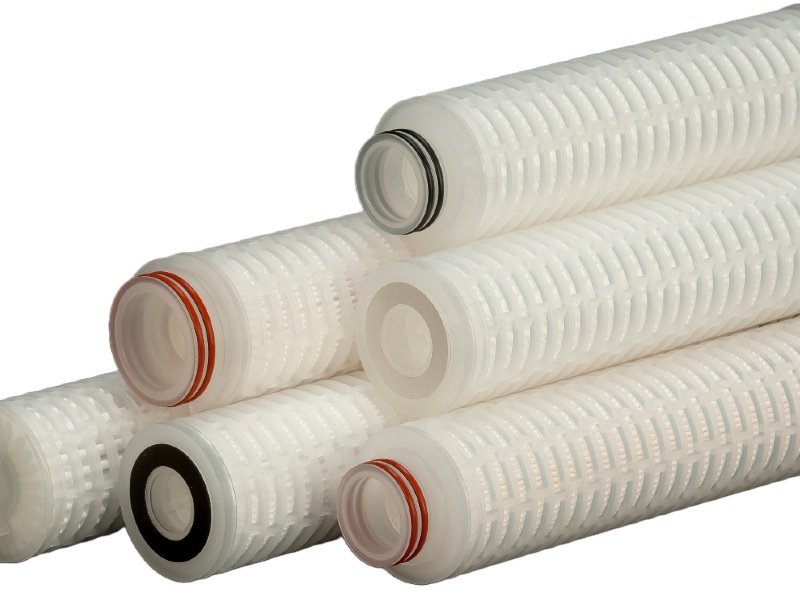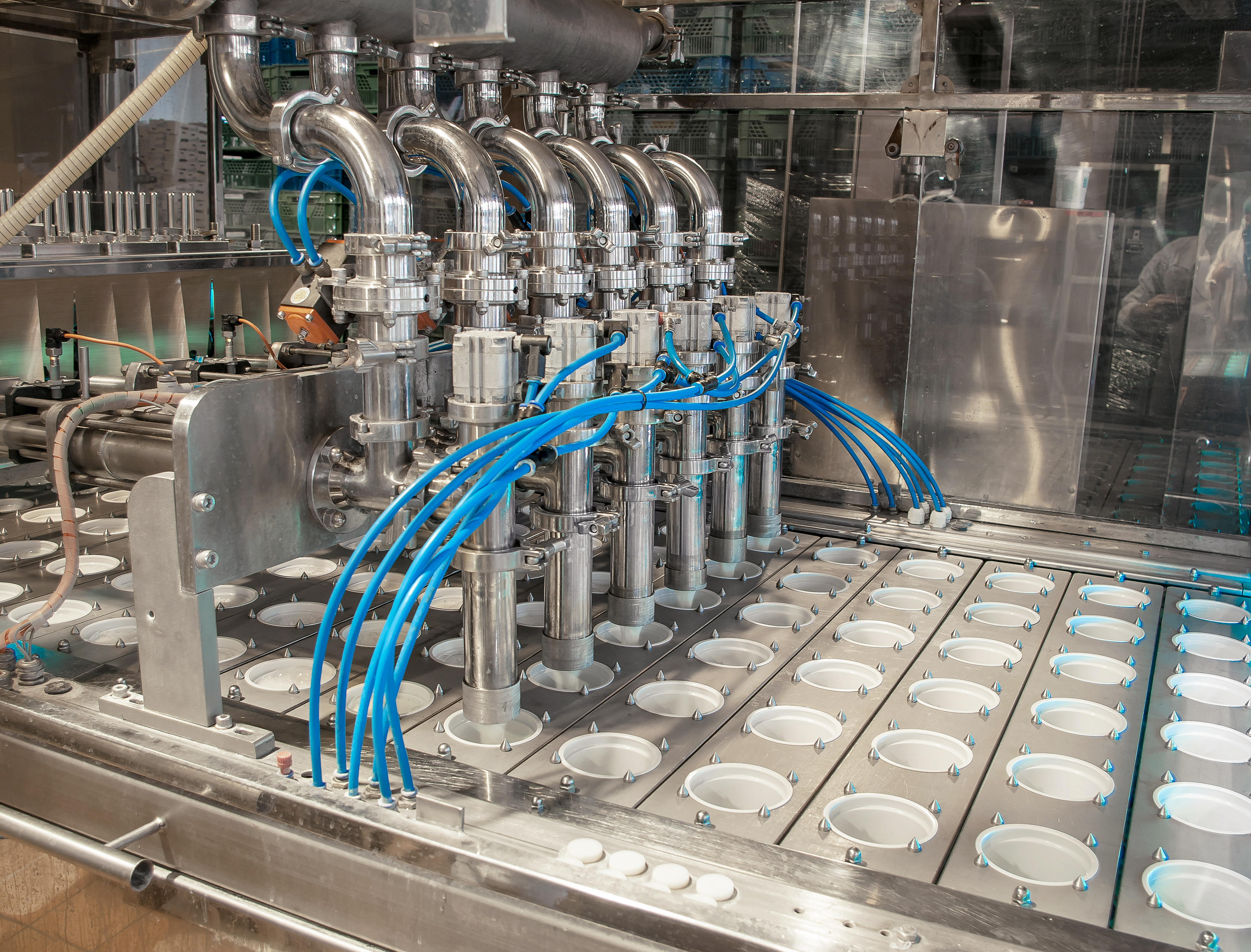The Smarter Route to Chemical Compatibility in Filter Housings
Historically, the common workaround has been to use PTFE-lined housings. While PTFE provides excellent chemical resistance, its mechanical and thermal limitations often lead to premature failure, maintenance issues, or contamination risks.
Today, there’s a more advanced and permanent solution: Tantaline® vapour deposition — a technology that transforms the surface of stainless-steel housings, giving them tantalum’s exceptional chemical inertness without sacrificing the strength and practicality of stainless steel.
How Tantaline® Works
Tantaline® vapour deposition uses a chemical vapour deposition (CVD) process to apply a tantalum diffusion layer directly onto the surface of stainless steel or other base metals.
At high temperature, tantalum atoms bond metallurgically into the substrate, creating a dense, uniform, 2–5 µm thick surface layer that behaves as pure tantalum. Unlike coatings or linings, this surface cannot flake, peel, or delaminate — it’s an integral part of the metal itself.
The result: a housing with the mechanical integrity of 316L stainless steel and the corrosion resistance of tantalum, one of the most chemically inert metals known.
Tantaline® vs PTFE-Lined Housings
|
Feature |
Tantaline® Surface |
PTFE-Lined Housing |
|
Chemical Resistance |
Excellent – resists all inorganic acids including HCl, HNO₃, H₂SO₄, HF, and chlorides |
Excellent in many acids but limited by temperature and mechanical stress |
|
Temperature Limit |
Up to 500 °C+ |
Typically below 200 °C |
|
Mechanical Strength |
Full stainless-steel strength retained |
Lining can creep, deform, or tear under load |
|
Bond Integrity |
Metallurgically bonded, will not delaminate |
Adhesive bond, prone to detachment under thermal or pressure cycling |
|
Surface Cleanliness |
Metal surface, minimal extractables – ideal for high-purity systems |
PTFE can release fluorinated compounds over time |
|
Maintenance Needs |
Permanent – no re-lining required |
Lining may need repair or replacement |
|
Lifecycle Cost |
Higher initial cost, lower long-term cost |
Lower upfront cost, higher maintenance costs |
Where It Fits in Filtration
Tantaline®-treated housings are especially valuable in chemical process filtration, where aggressive fluids and cleaning regimes can destroy conventional housings or liners.
Typical applications include:
- Acid filtration systems – HCl, H₂SO₄, HF, and mixed acid processes
- Pharmaceutical and API production – resistance to solvents and cleaning agents like nitric acid or caustic CIP
- Fine and specialty chemicals – protection against chlorinated organics and solvent blends
- Semiconductor and electronics – high-purity, low-extractable systems for ultra-clean fluids
- Catalyst and recovery systems – where longevity and chemical inertness improve process economics
By upgrading stainless housings with Tantaline®, filtration engineers can extend equipment life, reduce maintenance frequency, and maintain system purity even in the most aggressive chemistries.
Benefits for Filtration System Owners
- Longer Service Life: Eliminates corrosion-related failure, extending housing lifespan manyfold.
- No Liner Maintenance: Removes the need for periodic re-lining or inspection of PTFE bonds.
- Improved Purity: No fluoropolymer extractables or contamination risks.
- Simplified Design: Uses standard cartridge sealing and closure systems — no special adaptors needed.
- Lower Total Cost of Ownership: Reduced downtime and replacement costs over time.
For decades, PTFE-lined housings have been the default choice when corrosion resistance was required. However, with the advent of Tantaline® vapour deposition, engineers now have a permanent, high-performance alternative that delivers the same — and often better — chemical resistance while retaining all the structural benefits of stainless steel.
In short, why line it when you can tantalize it?
Tantaline® surfaces provide the ideal foundation for chemical process filter housings, ensuring longer service life, higher reliability, and reduced total cost — a clear win for both process engineers and plant operators.
If you have any questions on Tantaline® vapour deposition or our range of Multi or Single Industrial Filter Housings or the cartridges used in chemical processing; PTFE Membrane Filters or PP Pleated Depth Filters, then you can give us a call or send us an email - we’d be more than happy to help.
You can also read more:
PoreFiltration – Making your filtration systems work harder



.jpg)

